Reverse brain drain: governments hope to lure talent after US visa change
South Korean Presidential Chief of Staff Kang Hoon-sik said on Monday he had instructed ministries to find ways to exploit the U.S. changes to attract scientists and engineers from abroad.
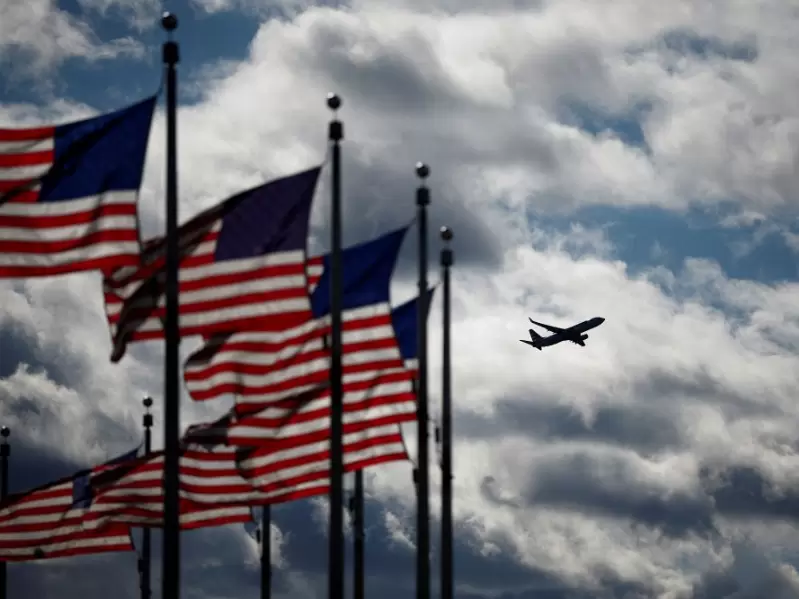 FILE PHOTO: An airplane takes off from the Reagan National Airport as U.S. flags flutter in Washington, U.S., November 23, 2024. / REUTERS/Benoit Tessier/File Photo
FILE PHOTO: An airplane takes off from the Reagan National Airport as U.S. flags flutter in Washington, U.S., November 23, 2024. / REUTERS/Benoit Tessier/File Photo
Countries including South Korea are aiming to take advantage of tougher U.S. immigration policy to lure foreign scientists and engineers, boosting their domestic industries and reversing an exodus of talent.
On Sept. 19, U.S. President Donald Trump introduced a $100,000 fee for new H-1B visas - widely used by tech firms to hire foreigners - as part of his crackdown on immigration. The move dealt a blow to a sector that relies heavily on skilled workers from India and China.
Since taking office in January, Trump has cracked down hard on immigration, legal and illegal, and the change to the H-1B visa program is his administration's highest-profile effort yet to rework temporary employment visas.
Also read: Lawmakers revive push to prevent “age-outs” among children of immigrants
South Korean Presidential Chief of Staff Kang Hoon-sik said on Sept. 22 he had instructed ministries to find ways to exploit the U.S. changes to attract scientists and engineers from abroad.
U.S. VISA CHANGES PUT WIND IN THE SAILS
British Prime Minister Keir Starmer is exploring proposals to abolish some visa fees for top global talent, the Financial Times reported on Sept. 22, citing people briefed on the discussions inside Number 10 and the Treasury.
The Treasury department and Downing Street did not immediately respond to Reuters' request for comment.
According to the report, the reforms were being discussed before the Trump administration announced the new fee, but the U.S. decision at the weekend put "wind in the sails" of those pushing for changes to Britain's high-end visa system.
Kang did not give further details on South Korea's steps, but said the government plans to focus next year's budget on initiatives around artificial intelligence and other areas for a technology-led economy.
"The new U.S. policy could be an opportunity for Germany and Europe to attract top talent," the head of Germany's digital association Bitkom, Bernhard Rohleder, also said.
EXODUS OF AI EXPERTS FROM SOUTH KOREA
According to a June report published by the Korea Chamber of Commerce & Industry, the country, home to technology giants Samsung and LG Electronics, has been losing tech talent to countries such as the United States.
In 2024, the nation recorded a net loss of 0.36 AI experts per 10,000 people, ranked 35th, near the bottom of the 38 member countries in the OECD, according to an index measuring net flows in the report.
That compares with a gain for Luxembourg of 8.92, 1.07 for the United States and 2.13 for Germany.
In September last year, the government launched a new visa called a K-Tech Pass aimed at attracting foreign engineers educated at the world's top 100 universities. It aims to issue 1,000 such visas by 2030.
In a similar move, China will introduce a new visa category aimed at attracting skilled workers in science, technology, engineering, and mathematics.
The K Visa category will take effect on October 1 and allows successful applicants to enter, study, and work in China without having first received a job offer or research position, according to guidelines published by the Chinese government.
China's foreign ministry declined to comment on the U.S. changes over the weekend, but said the country "welcomes" top-tier talent from all over the world.



 Reuters
Reuters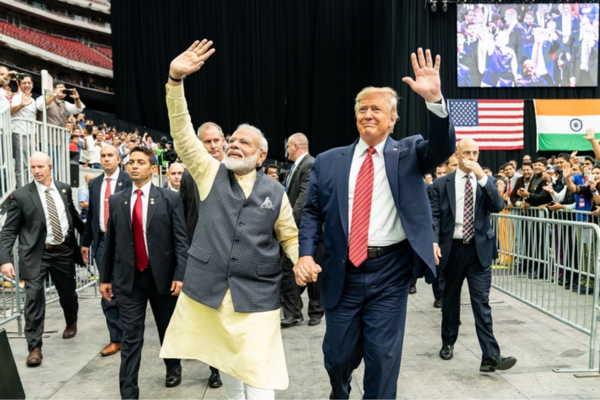
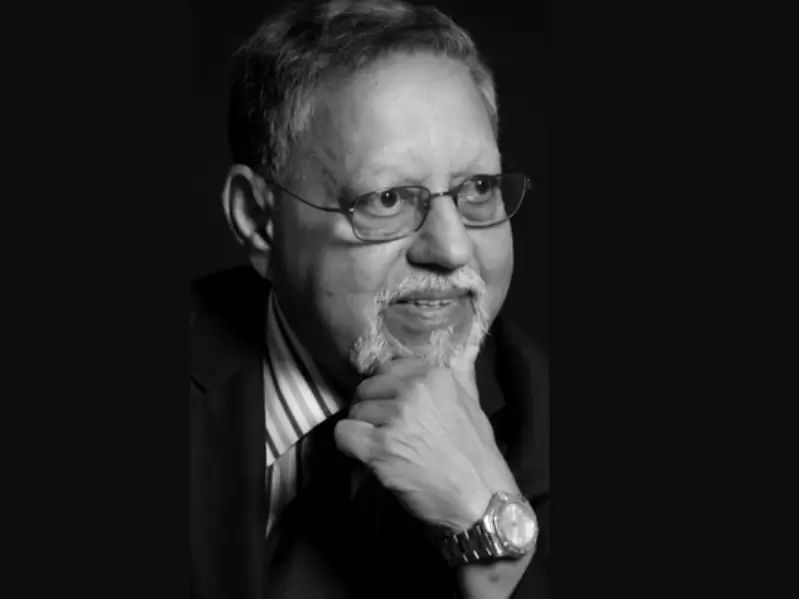


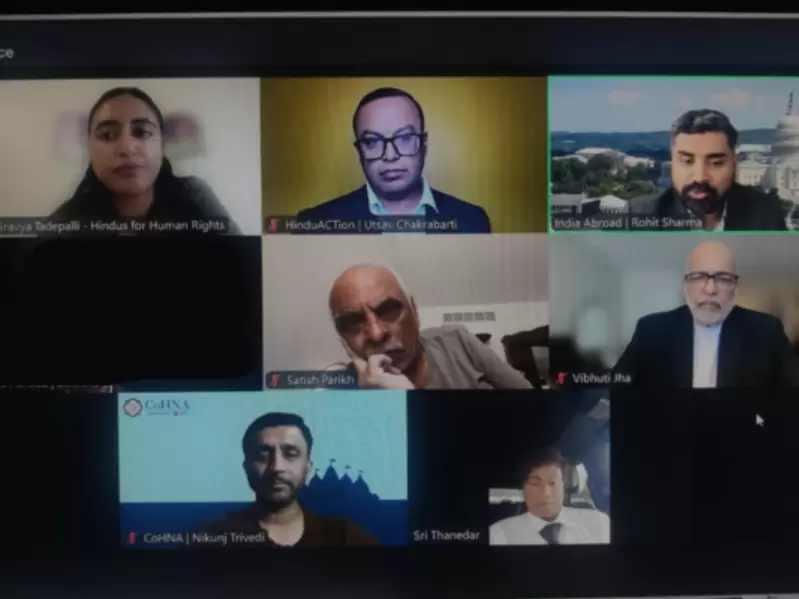
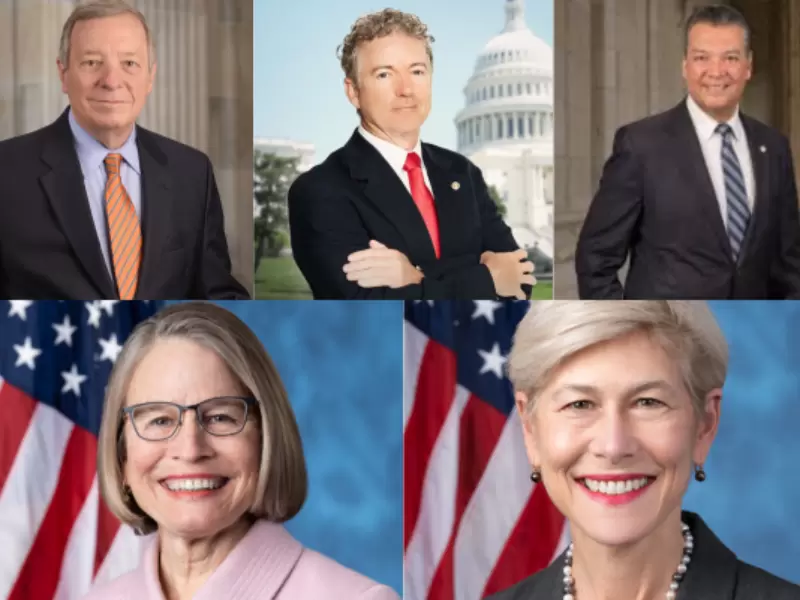

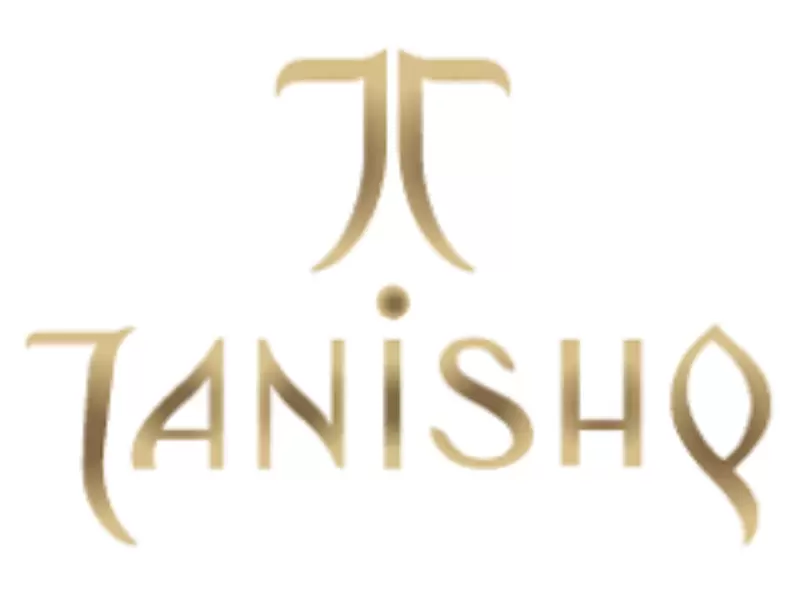






.jpg)

Comments
Start the conversation
Become a member of New India Abroad to start commenting.
Sign Up Now
Already have an account? Login